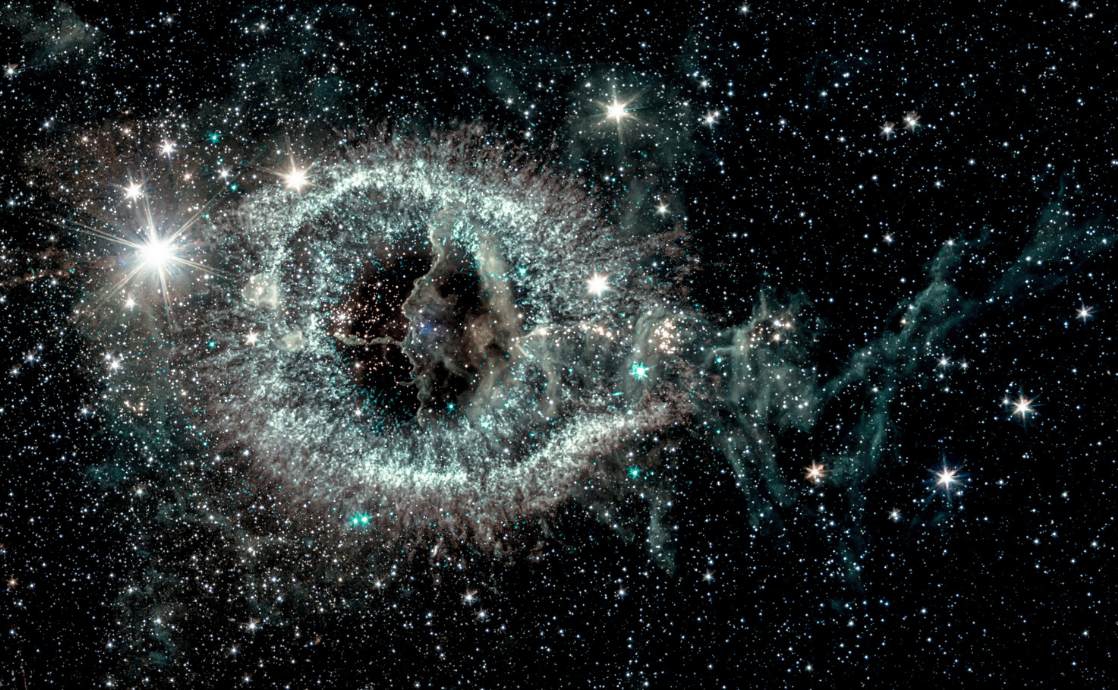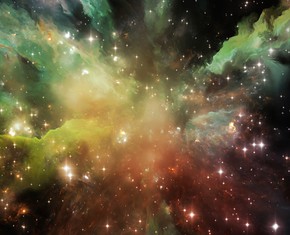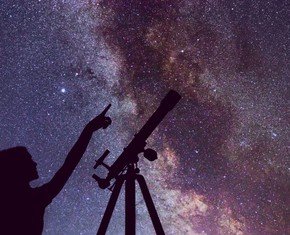The views expressed in our content reflect individual perspectives and do not represent the authoritative views of the Baha'i Faith.
The Bab, the prophetic forerunner of Baha’u’llah, in a beautiful and profound passage provisionally translated by Nader Saiedi, presented an explanation of the soul as product of divine self-description:
Therefore it is necessary, according to true wisdom, that the Preexistent God describe Himself to His creatures, that they may recognize their Creator and that, out of the grace of the Pre-existent, the contingent beings may attain their supreme End. This divine self-description is itself a created thing. It is unlike any other description, the sign of ’He is the One Who hath no equal,’ and the truth of the servant, his true being. Whoso hath recognized it hath recognized his Lord …. This description is denoted as the ’soul’ or ’self’, and he who hath known himself hath known his Lord. At other times, it is expressed as the heart, which is a description of the Divinity, by the Divinity, and is the essence of Servitude.
In an excellent talk the Baha’i philosopher and physicist Stephen Phelps connected this back to the physicist Carl Sagan’s description of humans as “the way the cosmos knows itself.”
RELATED: What Can ChatGPT Tell Us About the Human Soul?
In his writings, Baha’u’llah also directly dealt with the purpose of the human soul:
Having created the world and all that liveth and moveth therein, He, through the direct operation of His unconstrained and sovereign Will, chose to confer upon man the unique distinction and capacity to know Him and to love Him — a capacity that must needs be regarded as the generating impulse and the primary purpose underlying the whole of creation.. Upon the inmost reality of each and every created thing He hath shed the light of one of His names, and made it a recipient of the glory of one of His attributes. Upon the reality of man, however, He hath focused the radiance of all of His names and attributes, and made it a mirror of His own Self. Alone of all created things man hath been singled out for so great a favor, so enduring a bounty.
Thus, the very purpose of the creation of the universe is to bring forth human beings – “man,” in the generic sense of the term – who can know and love God.
However, it is important to clarify what is meant by the term “man.” Some religious people hold to the idea that an immortal soul is confined to the human species. However, Baha’is do not ascribe to this belief. “Man” as the word is often used in the Baha’i writings, beyond transcending any gender notion, appears to be a general term which implies an archetypical creature that harbors a soul capable of knowing God. Baha’u’llah explained:
Verily I say, the creation of God embraceth worlds besides this world, and creatures apart from these creatures. In each of these worlds He hath ordained things which none can search except Himself, the All-Searching, the All-Wise. Do thou meditate on that which We have revealed unto thee, that thou mayest discover the purpose of God, thy Lord, and the Lord of all worlds.
On this point, Shoghi Effendi, the Guardian and authorized interpreter of the Baha’i Faith, explained “… Abdu’l-Baha stated there are other worlds than ours which are inhabited by beings capable of knowing God.” This of course assumes that the ability to “know God” is a sufficient requirement for the existence of a “human soul” as it is described in Baha’i sacred writings.
This implies that there are most likely a variety of forms and possibly substances that could qualify as having a soul. For example, it seems to me highly likely that creatures from other worlds would appear in different physical forms, perhaps employ very different chemical or biological processes, or even be unrecognizable to us, since they may operate at different scales both temporal and spatial and use very different basic substrates.
RELATED: What is the Universe Made Of?
Yet there exists this idea that the creation of life, let alone human-like life, is the reserved product of the Divine hand, excluding humans from the creative process. The clearest statement on this subject in the Baha’i writings seems to come from Abdu’l-Baha’s Some Answered Questions:
Creation means that from every natural composition a living thing comes into existence, while from a chance composition no living thing will appear. So, for example, if man, with all his astuteness and intelligence, were to gather together and combine certain elements, a living being will not be brought into existence as it would not be according to the natural order. This is the answer to the implicit question that might arise, that since these beings come into existence through the composition and combination of these elements, then can we not also gather together and combine the very same elements and thus create a living thing? This idea is mistaken; for the original composition is a divine composition, and the combination is produced by God according to the natural order, and it is for this reason that a living being is created from this composition and an existence is realized. But a composition made by man produces nothing because man cannot create life.
The predominant understanding of these ideas in the Baha’i writings seem to preclude the construction of an artificial intelligence capable of harboring a human-like soul.
However, I believe there is much more nuance in this statement of Abdu’l-Baha’s. The supreme body of the Baha’i Faith, the Universal House of Justice, addressed this passage in the context of the possible synthesis of an elementary ‘life’ form back in 1977:
To understand the implications of this statement it is necessary to know what [Abdu’l-Baha] meant by “a living being” and what limitations He intended by the phrases “of his own mind and intelligence” and “since the system is unnatural.” As the science of biology develops and men acquire ever deeper insights into the nature of living things, these implications will no doubt become clearer.
















Comments
Sign in or create an account
Continue with Googleor